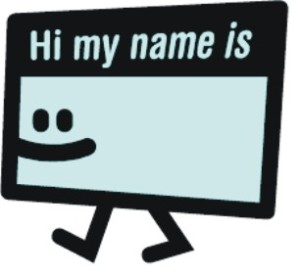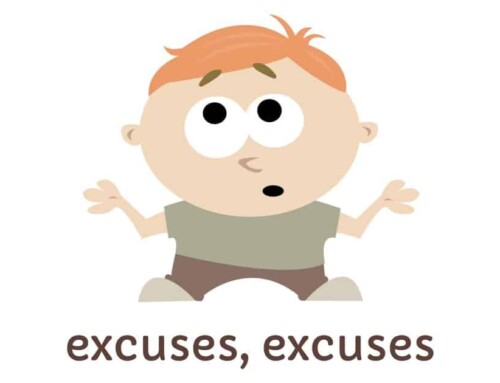Like an icon that represents a software program, your name represents you. Nothing captures a person’s attention more than hearing their name called out. The renowned speaker and author, Dale Carnegie recognized this. In fact, he devoted an entire chapter to names in his celebrated, best-seller “How To Win Friends & Influence People” which is as relevant today as it was when published in 1936. Here’s the concluding paragraph from that chapter: 
“We should be aware of the magic contained in a name and realize that this single item is wholly and completely owned by the person with whom we are dealing and nobody else. The name sets the individual apart; it makes him or her unique among all others. The information we are imparting or the request we are making takes on special importance when we approach the situation with the name of the individual. From the waitress to the senior executive, the name will work magic as we deal with others.”
Knowing when and how to use names gives you power. I can’t imagine conducting a training course, safety meeting, or giving a talk without being able to use the names of some of the people in my audience. Even when speaking before large groups, if you meet a few attendees beforehand and memorize their names, referring to them will bring your audience closer to you. Here are six tips that you may find useful:
Tip #1 — If you don’t know everyone’s name, use name cards or tags. When the situation doesn’t allow for you to use name cards then memorize as many names as you can and use them.
Tip #2 — Include an audience member’s name in your descriptions, stories, tips, or instructions. For example: while describing the symptoms of carpal tunnel syndrome to a group of office workers you could say, “If Tom Jenking were to keep his wrists bent while he typed every day, eventually, his hands could begin to feel numb.”
Tip #3 — Use names to break up miscellaneous chitchat (See Tip #2). Very few people will continue talking to a co-worker when they hear their name mentioned in front of an audience. I have used this tip hundreds of times and have yet seen it fail. (Of course, the person may resume his or her private conversation later on.)
Tip #4 — Include names when you write on a flip-chart or white board. This has even more impact than speaking a person’s name.
Tip #5 — Don’t poke fun at a person’s name unless you are willing to bet all of your limbs that he or she (and the rest of your audience) will not be offended.
Tip #6 — Pretend you get a dollar every time you speak a name besides your own. Don’t worry about using names too often. Just be sure not to use the same name over and over again.
If you don’t use people’s names much now, I’m sure that your impact as a speaker will dramatically increase once you start. Everyone enjoys hearing the sound of their name. As Dale Carnegie put it: “Remember that a person’s name is to that person the sweetest and most important sound in any language.”





